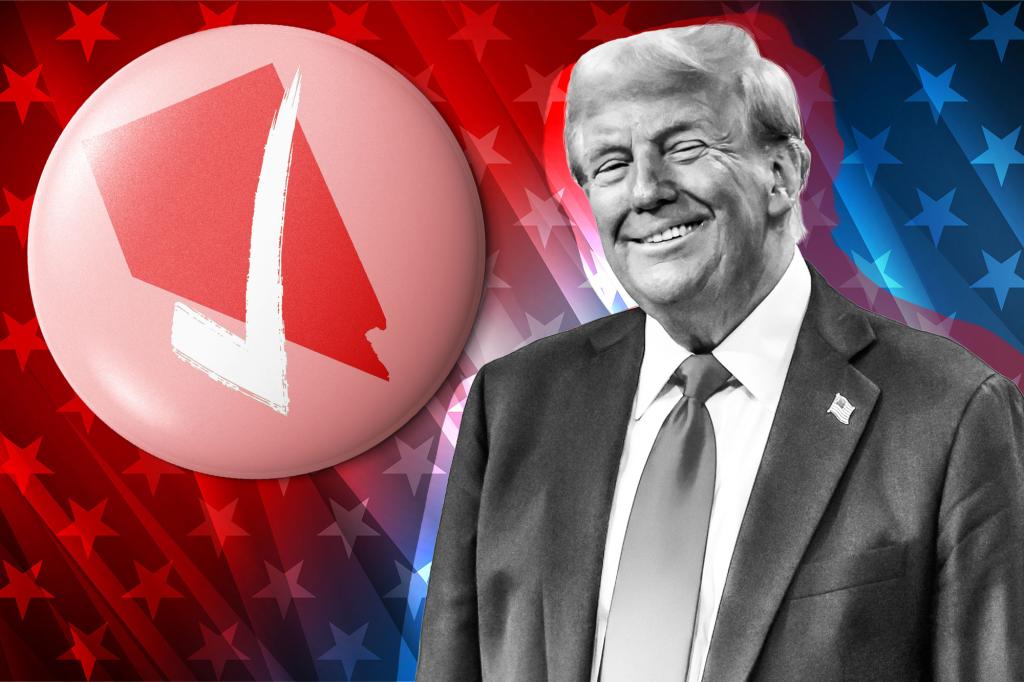Former President Donald Trump secured victory in Nevada in the 2024 election, a feat not accomplished by a Republican in two decades. Trump received more votes than his Democratic rival Vice President Kamala Harris, with the majority of votes counted. Trump’s victory in this battleground state, which awards six electoral votes, was attributed to his “No Tax on Tips” proposal introduced at a rally in June. Despite Harris endorsing the proposal, Trump’s economic policies seemed to resonate with voters, contributing to his win.
The results of the election in Nevada underscored the importance of economic issues in influencing voters’ decisions. The impact of pandemic-related shutdowns on the economy, as well as inflation resulting from the Biden-Harris administration’s spending, played a significant role in voters’ dissatisfaction. The Joint Economic Committee highlighted the financial strain faced by families in Nevada due to inflation, driving them to support Trump’s proposed economic measures. The economic concerns raised by voters appeared to overshadow other political issues in the state during the election.
The presidential candidates and their surrogates devoted significant attention to campaigning in Nevada, recognizing the state’s importance in the election. Both Trump and Harris made multiple visits, holding rallies and engaging with voters across the state. Surrogates for each candidate also made appearances in Nevada to garner support and reinforce their respective messages. The election campaign in Nevada witnessed a high level of political activity and engagement from both sides, as candidates sought to secure voter support in the battleground state.
Key issues such as abortion rights and economic policies were central to the campaign strategies of the presidential candidates and their surrogates in Nevada. Harris and her supporters emphasized reproductive freedom in response to concerns about potential abortion bans under a Trump administration. Trump’s allies highlighted economic prosperity and stability during his previous term, promising a return to financial security with his re-election. These campaign messages resonated with voters in Nevada, influencing their voting decisions and contributing to Trump’s victory in the state.
Voters in Nevada expressed divergent views on the state of the economy and the impact of political decisions on their financial well-being. Some voters, like Sue Berkey, believed that Trump’s economic policies would lead to better financial outcomes for them, highlighting areas of concern such as inflation and rising prices. Others, like Wally Pousy, shared similar concerns and expressed support for Trump based on his perceived ability to address economic challenges. The voices of Nevada voters reflected a range of perspectives on the issues that shaped the outcome of the election in the state.
Overall, the 2024 election in Nevada demonstrated the significance of economic issues and policy proposals in influencing voter decisions. Trump’s victory in the state was attributed to the appeal of his economic agenda, alongside concerns about inflation and economic stability under the current administration. Campaign efforts by both candidates and their surrogates reflected the heightened political engagement in Nevada and the importance of the state in the electoral map. The election outcome underscored the impact of economic factors and policy proposals on voter preferences, shaping the political landscape in Nevada and contributing to Trump’s victory in the state after a 20-year Republican drought.














